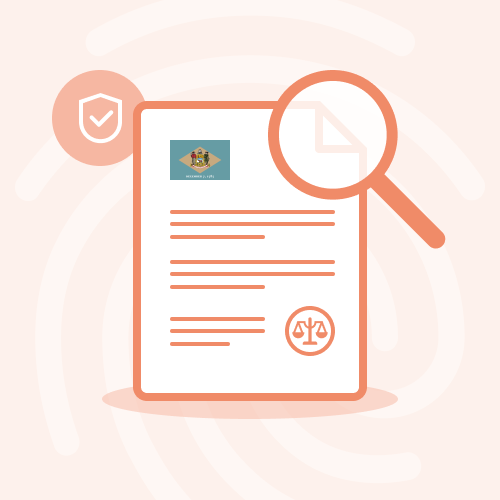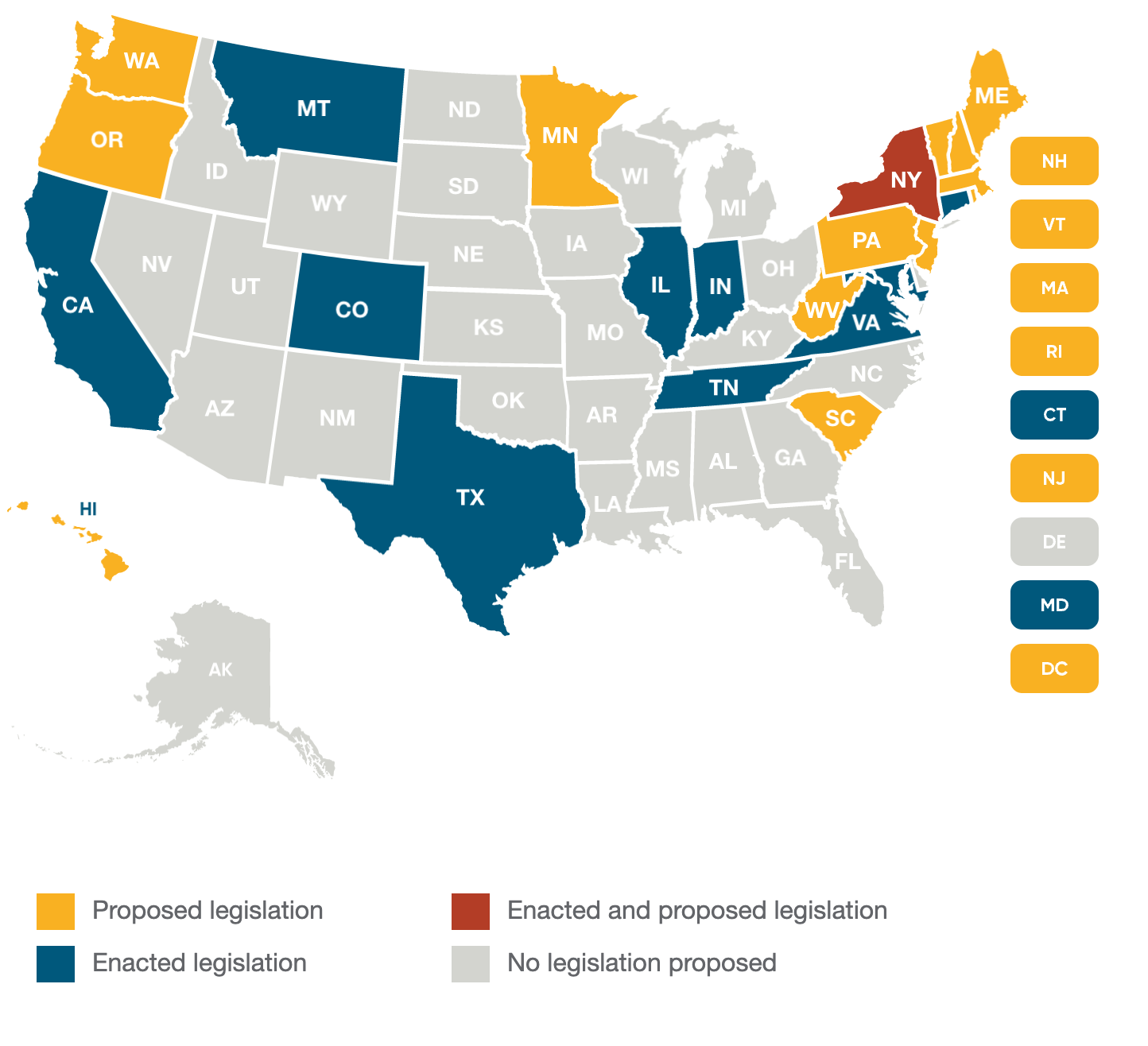States strike out on their own on AI, privacy regulation • Oregon ...
The welcome screen for the OpenAI “ChatGPT” app is displayed on a laptop screen in a photo illustration. In the absence of federal action, states are increasingly striking out on their own to regulate artificial intelligence and other automated systems. As congressional sessions have passed without any new federal artificial intelligence laws, state legislators are striking out on their own to regulate the technologies in the meantime.
State Regulation Initiatives
Colorado recently signed into effect one of the most sweeping regulatory laws in the country, focusing on mitigating consumer harm and discrimination by AI systems. New Mexico is regulating how computer-generated images can appear in media and political campaigns, while Iowa has criminalized sexually charged computer-generated images, particularly those depicting children.

Delaware state Rep. Krista Griffith sponsored the Delaware Personal Data Privacy Act, giving residents the right to manage their data. Meanwhile, federal efforts have not yet yielded any new laws in Congress.
Importance of State Laws
States have been actively legislating about AI since at least 2019, with a significant increase in bills over the last two years. The introduction of generative AI has propelled the industry forward, impacting various sectors like banking, marketing, and entertainment.

Rachel Wright from the Council of State Governments highlighted the significance of the ChatGPT system in shaping public perception of AI. This heightened awareness has led to a push for more regulations to ensure transparency, prevent discrimination, and enhance accountability in AI systems.
Future of AI Regulation
While some industry experts fear that excessive regulations could stifle innovation, others, like Andrew Gamino-Cheong of Trustible, believe state legislation could prompt federal action. The evolving landscape of AI technology necessitates a balance between innovation and privacy protection.
Legislation Overview
As of July 2024, numerous states have enacted laws to oversee the development and use of AI, emphasizing stakeholder collaboration and data privacy regulations. The diverse approaches taken by states reflect the intricate challenges posed by AI technologies and the need for robust regulatory frameworks.




















